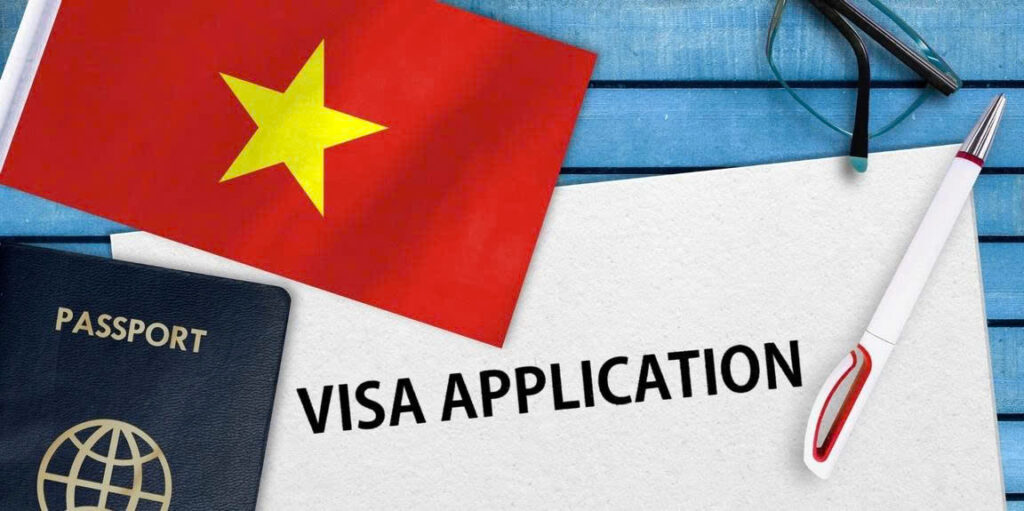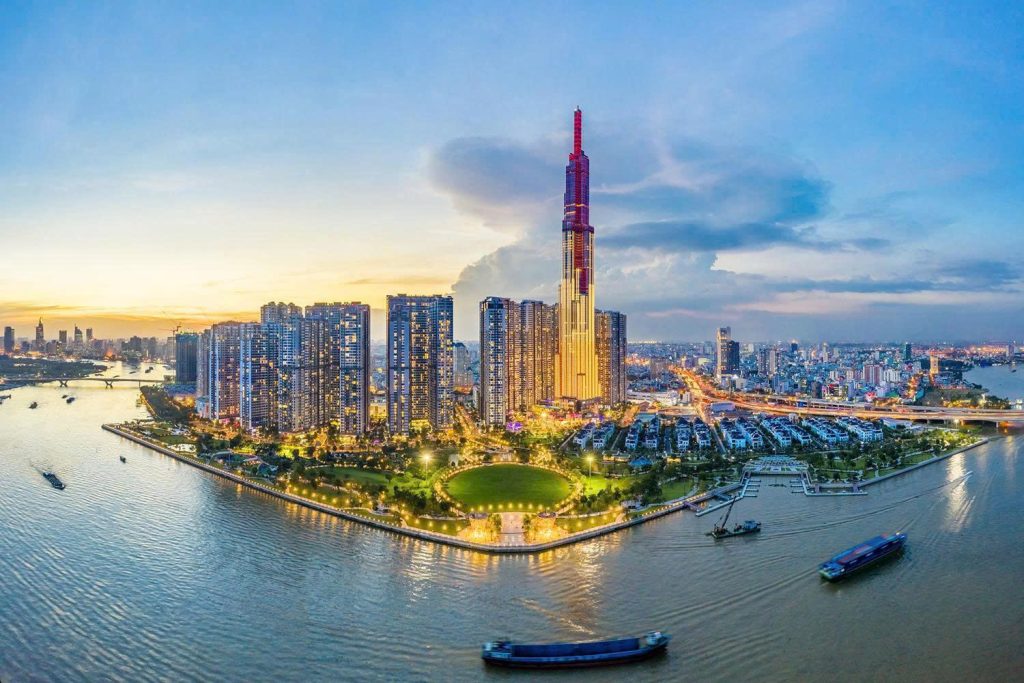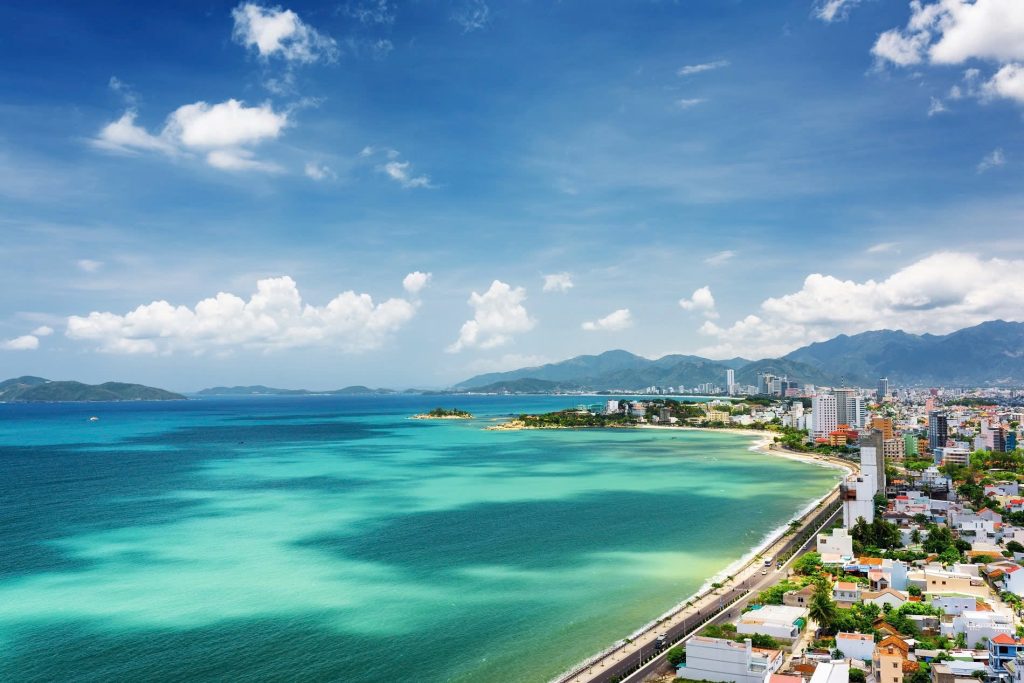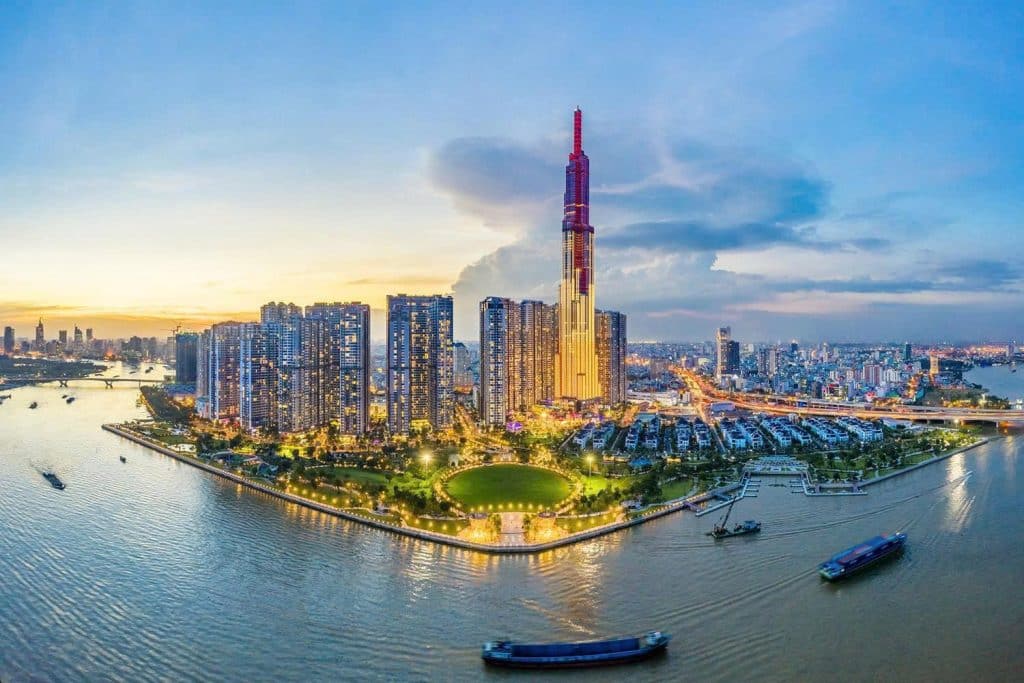Vietnam has long captivated the hearts of travelers and remote workers with its stunning landscapes, vibrant culture, and incredibly affordable living costs. From the bustling streets of Ho Chi Minh City to the ancient charm of Hoi An, it offers an enticing backdrop for the digital nomad lifestyle. However, like any destination, living and working remotely in Vietnam comes with its unique set of hurdles.
This article delves into the common challenges digital nomads face in Vietnam, providing insights to help you prepare and thrive. We’ll cover everything from visa complexities to daily life nuisances, ensuring you have a realistic picture before you pack your bags.
1. Visa and Legal Hurdles: The Bureaucratic Maze
One of the most significant challenges for digital nomads in Vietnam is the absence of a dedicated digital nomad visa. Unlike countries like Spain or Portugal, Vietnam currently doesn’t offer a specific visa category for remote workers, leading to common issues:

- Reliance on Tourist Visas (DL Visa): Most digital nomads enter Vietnam on a tourist visa. While these can often be extended, frequent “visa runs” to neighboring countries (like Laos or Cambodia) become a necessity. This can be time-consuming, costly, and disruptive to your workflow.
- Business Visas (DN Visa) and Work Permits: Obtaining a business visa or a work permit is a more legitimate route for longer stays but typically requires sponsorship from a Vietnamese entity. This isn’t feasible for most self-employed digital nomads.
- Tax Obligations: Understanding and complying with Vietnamese tax laws can be complex. While many digital nomads operate under the radar, it’s crucial to be aware of potential personal income tax (PIT) implications, especially if your income source is foreign. Consulting with a local tax advisor is highly recommended to avoid future complications.
- Residency and Long-Term Stay: Without a clear legal framework, establishing long-term residency can be challenging. This impacts things like opening bank accounts, signing long-term leases, and generally integrating more deeply into society.
2. Connectivity & Infrastructure: Staying Connected in a Developing Nation

Consistent internet access is absolutely essential for every digital nomad. While Vietnam has made significant strides, challenges still exist:
- Internet Speed and Reliability: Major cities like Hanoi and Ho Chi Minh City generally offer good fiber optic internet speeds in cafes and co-working spaces. However, outside these hubs or in certain residential areas, speeds can vary, and unexpected outages (often due to undersea cable issues affecting the region) can disrupt work.
- VPN Usage: Many online services and websites that you rely on might be geo-restricted or experience slow loading times. A reliable VPN (Virtual Private Network) is essential for accessing certain content and maintaining online security.
- Co-working Space Availability: While growing, the availability of well-equipped co-working spaces might be limited outside of the main tourist and expat centers. Researching options in cities like Da Nang or Nha Trang beforehand is advisable.
- Power Outages: While less frequent in major cities, occasional power outages can still occur, especially in more rural areas or during peak demand, impacting productivity.
3. Cost of Living & Financial Management: More Than Just Cheap Rent

Vietnam is renowned for its affordability, but managing finances as a digital nomad requires careful planning:
- Budgeting Realism: While rent and food are inexpensive compared to Western countries, costs can add up quickly if you frequently dine at Western-style restaurants, take taxis everywhere, or splurge on luxury accommodations.
- Cash-Based Economy (Less So Now, But Still Relevant): While QR code payments and e-wallets are gaining traction, cash is still king, especially at smaller local vendors. Always carry small denominations.
- International Bank Transfers and Fees: Transferring money from your home country can incur significant fees and unfavorable exchange rates. Researching services like Wise (formerly TransferWise) or other international money transfer platforms is crucial.
- ATM Withdrawal Limits and Fees: ATMs in Vietnam often have low withdrawal limits and may charge fees, which can become costly if you need large amounts of cash frequently.
4. Cultural & Language Barriers: Bridging the Gap

Immersing yourself in a new culture is part of the digital nomad adventure, but it comes with its own set of challenges:
- Language Barrier: While English is spoken in tourist areas and major cities, venturing outside these zones reveals a significant language barrier. Basic Vietnamese phrases (like “hello,” “thank you,” “how much”) are incredibly helpful and appreciated. Learning Vietnamese tones is particularly challenging.
- Cultural Differences & Etiquette: Understanding local customs, social norms, and body language is key. Things like bargaining at markets, navigating personal space, or understanding indirect communication can be a learning curve.
- Loneliness and Social Integration: Despite a growing expat and digital nomad community in cities like Ho Chi Minh City and Hanoi, building deep local connections can take time. Loneliness can be a real issue, particularly for solo nomads. Actively seeking out expat groups, co-working events, and local clubs can help.
- Noise Levels: Vietnamese cities, especially, are known for their constant cacophony of motorbikes, street vendors, and general urban bustle. This can be overwhelming for some and impact focus.
5. Health & Safety: Prioritizing Well-being Abroad
Maintaining your health and ensuring safety are paramount when living abroad:

- Healthcare Access & Quality: While international clinics and hospitals are available in major cities, the quality of public healthcare can vary. International health insurance is a non-negotiable for serious medical emergencies. Researching reputable clinics like Family Medical Practice or FV Hospital (in HCMC) is wise.
- Food Safety: Street food in Vietnam is legendary, but exercising caution with hygiene is important to avoid traveler’s diarrhea or other stomach issues. Stick to busy stalls with high turnover.
- Air Quality: Major cities like Hanoi and Ho Chi Minh City frequently experience poor air quality (AQI), especially during certain seasons. This can affect respiratory health. Wearing masks, especially when cycling, is common.
- Traffic Safety: Vietnamese traffic, particularly in cities, can be chaotic. Crossing the street requires practice, and driving a motorbike without experience is risky. Consider using ride-hailing apps like Grab for safer transportation.
- Petty Crime: Vietnam is mostly safe, but be mindful that petty crimes like pickpocketing can happen, especially in busy tourist zones. Ensure you’re aware of your surroundings and protect your valuables.
6. Work-Life Balance & Productivity: The Allure and The Reality

The promise of flexible work and endless travel can sometimes obscure the need for structure and discipline:
- Maintaining Routine: The excitement of a new country can make it difficult to establish a consistent work routine. Distractions from exploration and social events can impact productivity.
- Burnout & Digital Fatigue: The constant need to adapt, navigate new environments, and manage work remotely can lead to burnout. Recognizing the signs and taking breaks is crucial.
- Time Zone Differences: Depending on your client base, significant time zone differences can mean working odd hours, impacting sleep patterns and social life.
- Finding Focus: Whether it’s the alluring beaches of Phu Quoc or the bustling coffee shops, balancing leisure with work requires strong self-discipline.
Navigating the Landscape: Tips for Success

Despite these challenges, thousands of digital nomads successfully thrive in Vietnam. The key lies in preparation and a flexible mindset:
- Research Thoroughly: Before arriving, delve into visa requirements, local customs, and expat forums.
- Network: Join digital nomad groups on social media (e.g., Facebook groups for “Digital Nomads Vietnam”) to connect with others, ask questions, and find support.
- Embrace the Learning Curve: Expect things to be different, and approach challenges with patience and a willingness to learn.
- Prioritize Health: Invest in good travel insurance and be mindful of your physical and mental well-being.
- Financial Prudence: Have an emergency fund and understand the local cost of living to budget effectively.
RELATED: Digital Nomad in Vietnam: Best Cities, Costs & Tips
Vietnam offers an unparalleled experience for those seeking a vibrant and affordable digital nomad lifestyle. By understanding and preparing for these common challenges, you can truly embrace all that this incredible country has to offer, turning potential obstacles into valuable learning experiences on your remote work journey.
















